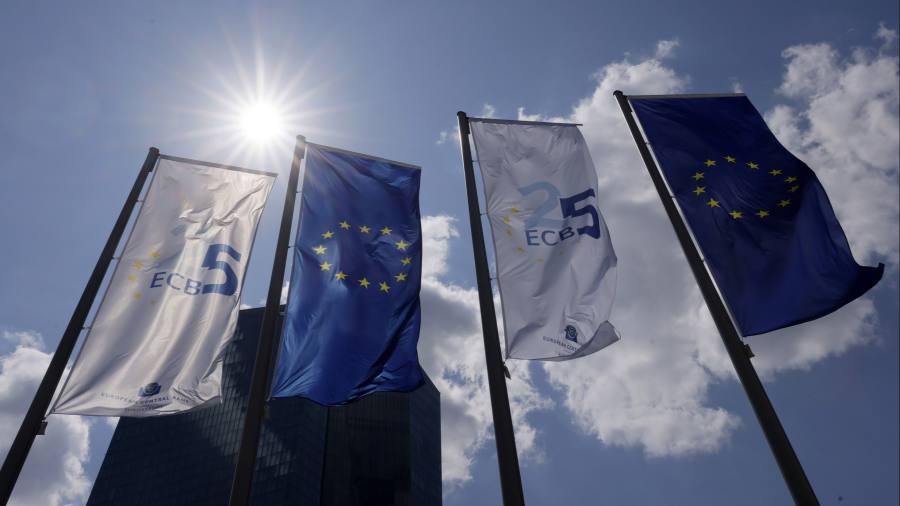The European Central Bank has raised interest rates to their highest level in 22 years, warning that inflation is far from vanquished.
The ECB’s decision on Thursday to raise its benchmark deposit rate by a quarter-point to 3.5 per cent comes as the central bank grapples with both an apparent wage-price spiral and a stagnant economy.
The bank, which will also publish updated forecasts for growth and inflation, repeated its warning that it expects inflation “to be too high for too long” as it will not return to its 2 per cent target for another two years.
Its latest rate rise contrasts with the US Federal Reserve’s decision to pause rate increases a day before.
The ECB started raising rates several months after the Fed and, at 6.1 per cent, inflation is now higher in the eurozone than in the US.
Eurozone inflation has fallen from a record 10.6 per cent in October. But that mainly reflects lower energy costs and the ECB worries that a long period of high inflation risks a spiral of rising wages and costs that keeps price pressures elevated.
Pay per eurozone employee rose 5.2 per cent in the first quarter compared with a year ago, up from 4.8 per cent in the fourth quarter, according to ECB data published last week.
The eurozone economy remains weak, shrinking slightly for the past two quarters, although it has proved more resilient than first feared after Russia’s full-scale invasion of Ukraine.
Read the full article here




